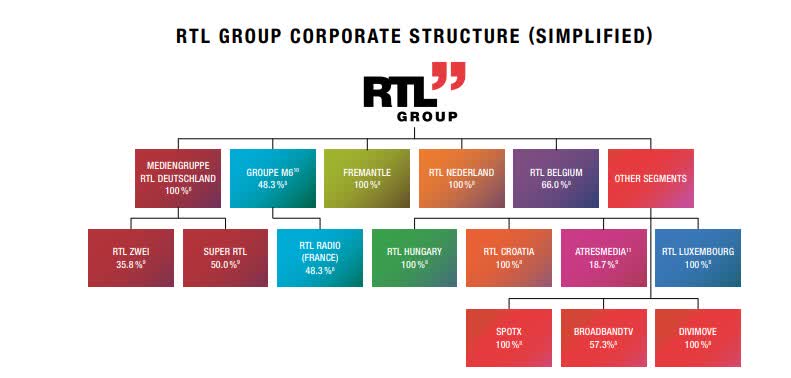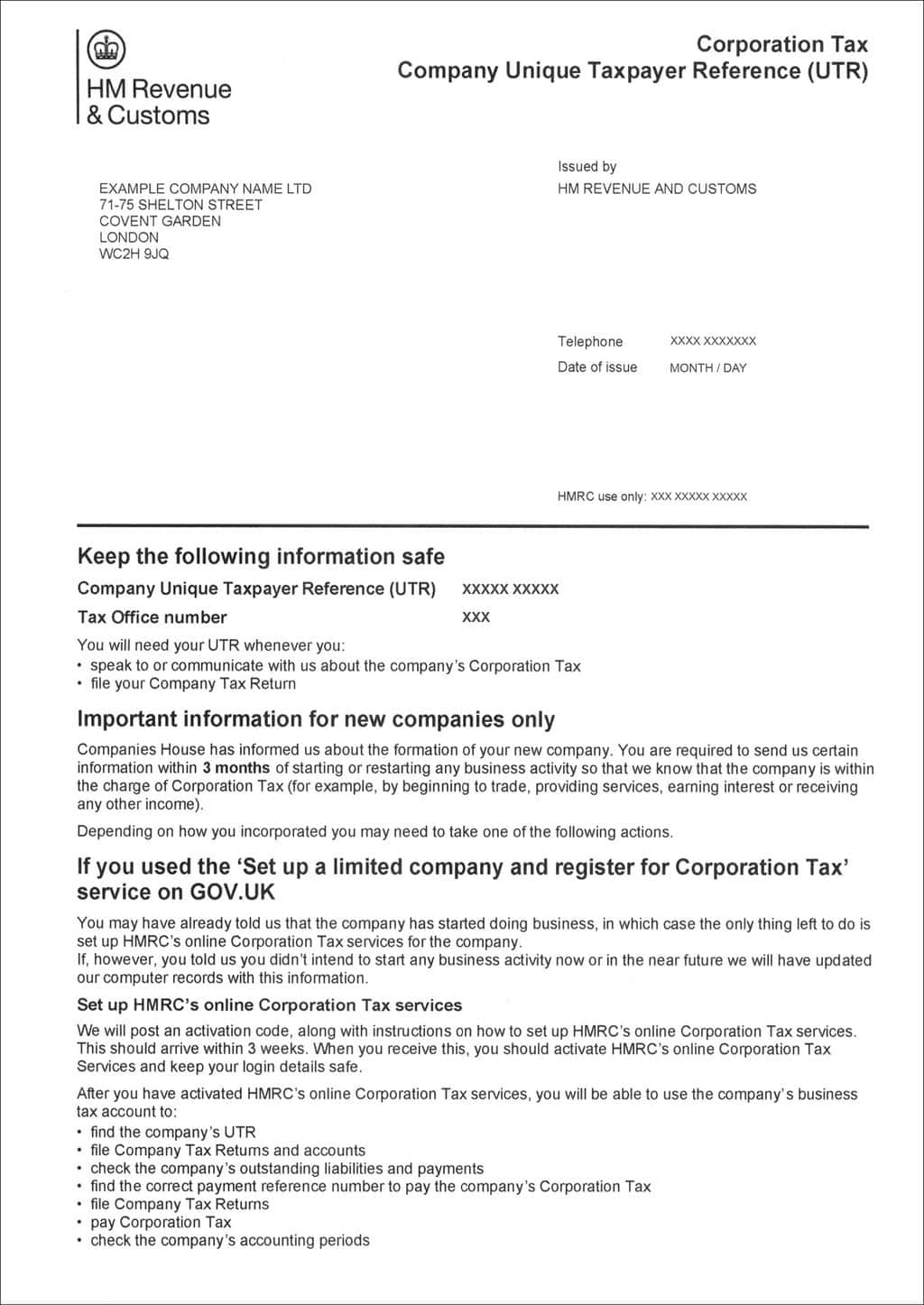Schumacher's Comeback: A Pointless Venture Due To Ignored Red Bull Advice

Table of Contents
Red Bull's Warnings: A Premonition of Failure
The Unheeded Counsel:
Red Bull Racing, known for its shrewd assessments and strategic prowess, reportedly voiced significant concerns about Schumacher's return to Formula 1 following his serious skiing accident. While precise quotes remain elusive, the general sentiment within the team pointed to anxieties surrounding his fitness and reflexes.
- Concerns about reaction time: Red Bull's engineers and drivers likely worried that the severity of Schumacher's injuries would negatively impact his reaction time, a crucial element in the high-speed world of Formula 1. This would compromise his ability to respond effectively to changing track conditions and other drivers' maneuvers.
- Impact of neck injuries: Schumacher's neck injuries were particularly concerning. The sustained g-forces experienced during F1 racing could have exacerbated these injuries, potentially leading to further complications or even career-ending damage. This was a major point of contention for Red Bull.
- Competitive landscape analysis: Red Bull's assessment likely considered the intense competitiveness of the 2010-2012 Formula 1 grid. They recognized that Schumacher, even at his peak, would face stiff competition from a new generation of drivers and advanced technologies. His comeback would be a substantial uphill battle given his physical condition.
The Allure of Mercedes and the Risks Overlooked:
Despite Red Bull's reservations, Schumacher chose to partner with Mercedes. This decision, influenced by factors beyond pure sporting merit, highlights the allure of a prestigious team and lucrative opportunities that overshadowed the prudent advice.
- Financial incentives: The Mercedes deal likely offered a highly attractive financial package. The immense earning potential could have outweighed the calculated risks associated with a comeback after such a serious injury.
- Reputational benefits: Driving for Mercedes, a globally recognized brand, held significant reputational value. This was a powerful motivator, potentially blinding Schumacher to the potential downsides of ignoring Red Bull's warnings. A successful comeback with Mercedes could have cemented his legendary status even further.
- Overlooking the risks: The potential for further injury, a diminished reputation due to underperformance, and a negative impact on his legacy were seemingly underestimated in the pursuit of this prestigious opportunity. The allure of a comeback with a top team may have blinded Schumacher to the very real possibility of failure.
The Decline in Performance: Evidence of Red Bull's Insight
A Lackluster Return:
Schumacher's performance during his comeback period paled in comparison to his dominant years. His statistics reveal a stark contrast between his previous achievements and his later results.
- Race results: A significant drop in podium finishes and race wins compared to his previous career. Specific race results could be cited here to showcase this decline, providing concrete evidence of underperformance.
- Qualifying positions: A noticeable decrease in his ability to secure favorable starting positions, indicating struggles with pace and overall car setup. Data-driven comparisons would effectively demonstrate this aspect of his declining performance.
- Consistency: A lack of consistent performances, with erratic results across different race weekends, further highlighted his struggles in adapting to the modern Formula 1 environment.
The Physical Limitations:
Observations from various sources, including media reports and analyses, suggested that Schumacher's injuries visibly impacted his driving abilities.
- Reaction time deficits: Numerous commentators speculated on his delayed reactions compared to the younger drivers, a critical disadvantage in close wheel-to-wheel combat and high-pressure racing situations.
- Neck strength and endurance: The demands on a driver's neck muscles in F1 are immense. Schumacher's neck injuries likely made it difficult to maintain optimal driving posture and neck strength, ultimately hindering his performance.
- Adaptability to modern technology: The significant advancements in Formula 1 technology during his absence required considerable adaptation. Schumacher's injuries and time away from the sport seemingly made this difficult.
The Lasting Impact: A Tarnished Legacy?
The Controversy Surrounding the Comeback:
Schumacher's return to Formula 1 sparked considerable debate and discussion. While some celebrated his ambition and dedication, many questioned the wisdom of his decision.
- Expert opinions: Many former drivers and commentators voiced concerns about the potential risks to his health and questioned the competitiveness of his return. These opinions, if available, can be included here, citing credible sources.
- Ethical implications: The ethical implications of returning to such a physically demanding sport after sustaining severe injuries were debated extensively. Some argued that he prioritized personal ambition over his long-term well-being and safety.
An Alternative Path:
Had Schumacher chosen a different route, he could have maintained his significant contribution to Formula 1 without the associated risks.
- Mentoring roles: Schumacher's vast experience could have been invaluable in guiding younger drivers. A mentoring role would have allowed him to stay connected with the sport while significantly mitigating the health risks.
- Team management: His knowledge and strategic thinking could have been crucial in a team management capacity, offering an alternative avenue for involvement in the sport.
- Ambassadorial work: Schumacher's global recognition would have made him an ideal ambassador for the sport, allowing him to maintain a high profile without compromising his physical well-being.
Conclusion:
Schumacher's comeback, fueled by ambition and the allure of Mercedes, ultimately proved to be a pointless venture. Ignoring the prescient warnings from Red Bull, and focusing solely on personal ambition without fully considering the risks involved, led to a disappointing and controversial end to an otherwise illustrious career. Had he heeded the counsel of Red Bull and considered alternative paths, his legacy might have remained untarnished. This case highlights the importance of carefully weighing expert advice and assessing risks before embarking on ambitious ventures, especially in high-risk environments. Therefore, a thorough evaluation of the potential consequences is crucial before considering any similar high-stakes comeback – a lesson learned from Schumacher's comeback.

Featured Posts
-
 Rtl Groups Streaming Strategy A Path To Profitability
May 20, 2025
Rtl Groups Streaming Strategy A Path To Profitability
May 20, 2025 -
 Nyt Mini Crossword April 26 2025 Hints And Solutions
May 20, 2025
Nyt Mini Crossword April 26 2025 Hints And Solutions
May 20, 2025 -
 Transfer Race Heats Up Man United And Arsenal Vie For Cunha
May 20, 2025
Transfer Race Heats Up Man United And Arsenal Vie For Cunha
May 20, 2025 -
 Hmrc Letter Thousands Of Uk Households Earning Over 23 000 Affected
May 20, 2025
Hmrc Letter Thousands Of Uk Households Earning Over 23 000 Affected
May 20, 2025 -
 Towards Zero Episode 1 Analyzing The Lack Of A Murder In The First Installment
May 20, 2025
Towards Zero Episode 1 Analyzing The Lack Of A Murder In The First Installment
May 20, 2025
